Congress report Annual AGD Meeting 2018, Potsdam Oct. 5–6
Welcome and Opening of Symposium by Peter Nürnberg, President of the AGD and Joachim L. Schultze, Chair of the Program Committee.
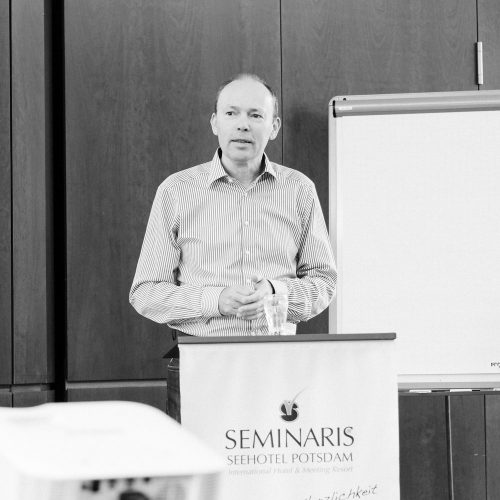
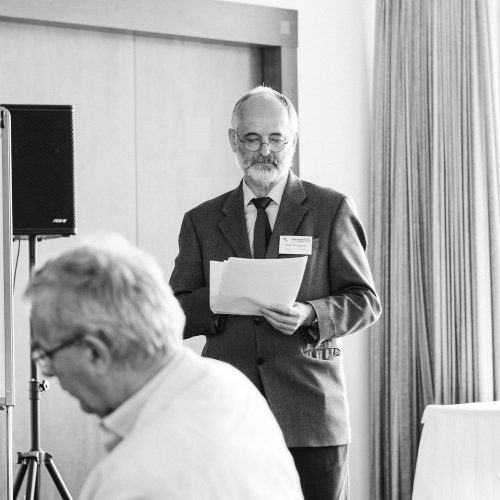
The AGD meeting was interesting and a great primer for all of us who are not directly working with single cells.
Maybe it is an unusual research field – dissecting single cells in the first stage is not a trivial task. And single cell means single cell experiment that can be replicated only in other cells. The current readout is RNA content at a given time while genomics and proteomics still need to be integrated. Experiments cover mainly abundant RNAs and for cost reasons only the 3′ ends. The statistical analysis usually is a 2 dimensional PCA (known to overfit noise) so this not a trivial approach at all. Newly identified cell cluster need careful confirmation as addressed in the talk of Andreas Schlitzer.
Session 1 – The diversity of the human immunome
Christoph Kreer (Institute of Virology, University Hospital of Cologne, Germany) “openPrimeR for multiplex amplification of highly diverse single-cell templates”
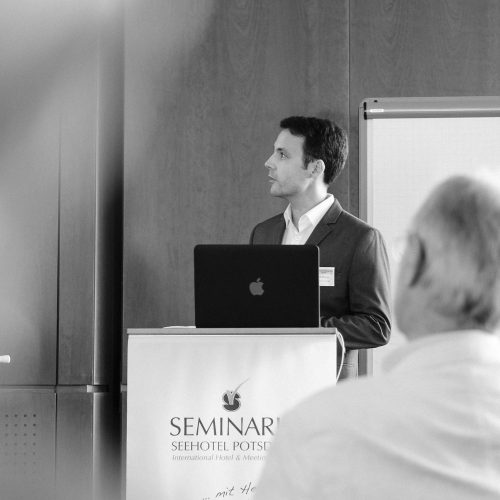
Nir Yosef (Center for Computational Biology, UC Berkeley, USA) “Cell-specific metabolic models reveal targets that mitigate pathogenicity in T helper cells”
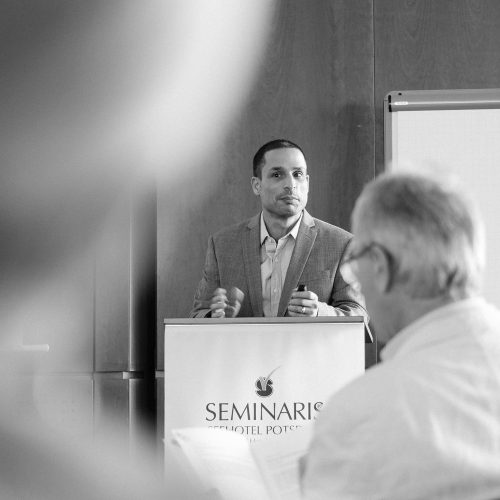
Mihai Netea (Nijmegen Medical Center and LIMES Institute, Bonn, Germany) “The Human Functional Genomics Project”
[…]
Wieland Keilholz (BD Life Sciences Genomics, Heidelberg, Germany) “BD Rhapsody: Massively Parallel Single-Cell Protein & RNA Profiling”
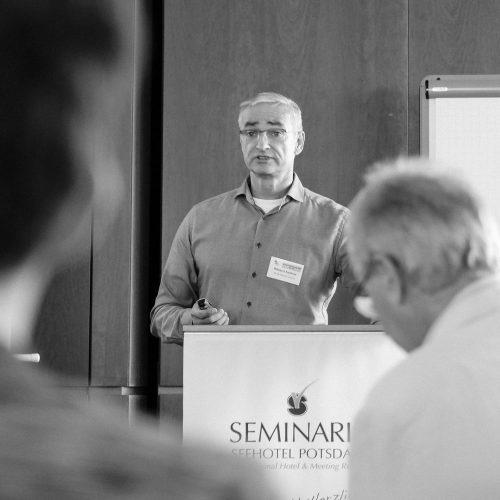
Session 2 – The Human Cell Atlas and beyond
Roland Eils (BIH Center for Digital Health, Berlin, Germany) “Phenoseq: Placing single-cell sequencing into a spatial context”
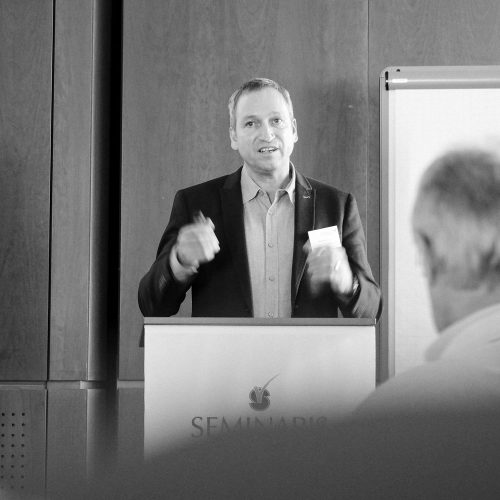
Fabian J. Theis (Technical University and Helmholtz Zentrum München, Germany) “Lineage estimation from single-cell RNA-seq time-series”
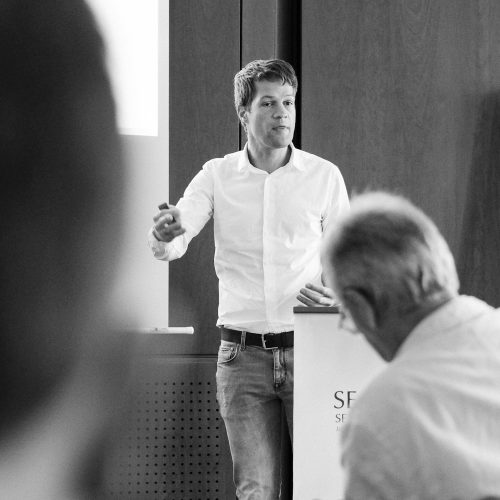
Jan Philipp Junker (Max Delbrück Center for Molecular Medicine, Berlin, Germany) “Lineage tracing on the organism-wide level”
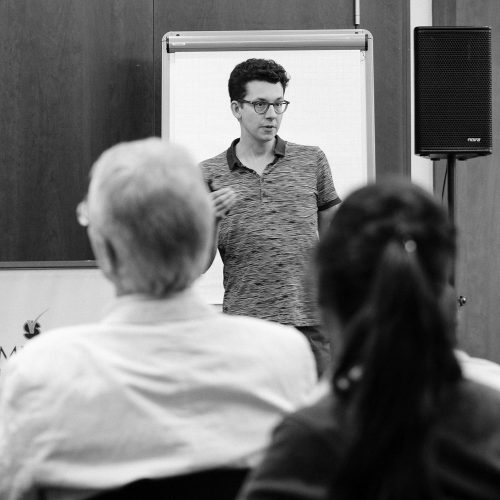
Florent Ginhoux (Singapore Immunology Network, A*STAR, Singapore) “Monocyte and Macrophage Biology: From Development to Functions”
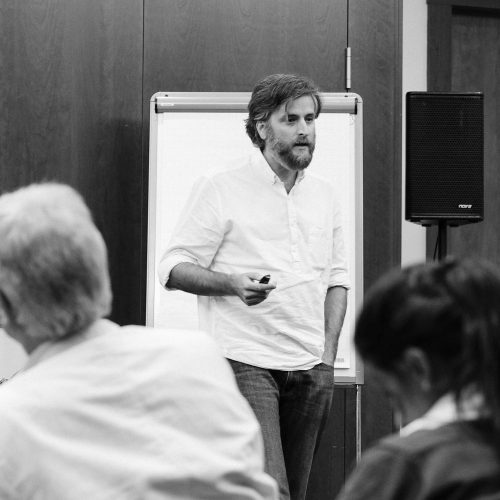
Keynote lecture by Miriam Merad (Icahn School of Medicine at Mount Sinai, New York, NY, USA) “Understanding human organs with unprecedented resolution”
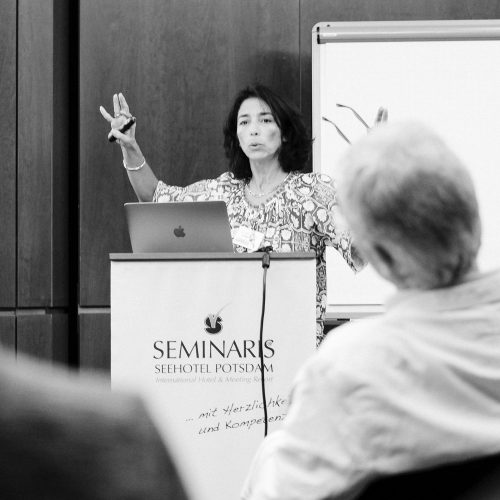
Session 3 – From genomes to epigenomes — the multiomics path
Andreas Schlitzer (LIMES Institute, University of Bonn, Germany) “Revisiting the human myeloid cell system – one cell at a time”
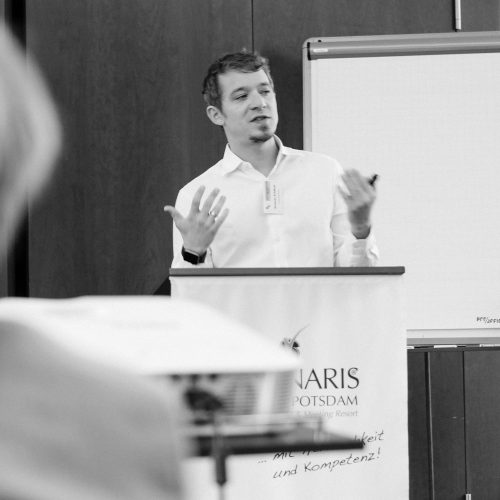
Philip Rosenstiel (Institute of Clinical Molecular Biology, CAU, Kiel, Germany) “Precision medicine by multi-omics approaches in inflammatory diseases:
Are we there yet?”
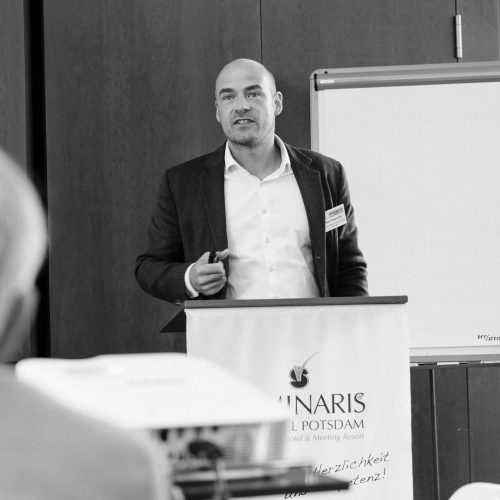
Emmanouil Dermitzakis (University of Geneva, Switzerland) “Hierarchical functional genomics to interpret genome variation and dissect complex disease architecture”
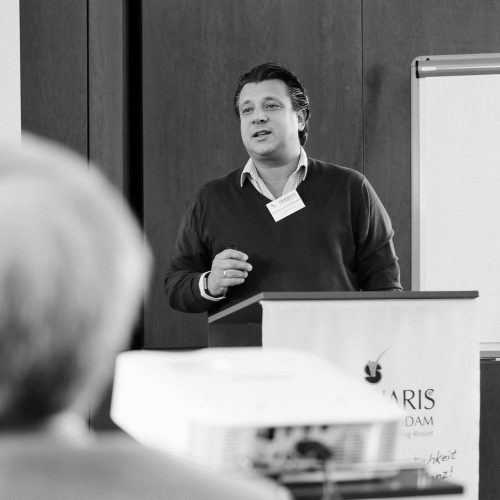
Christina Kratsch (Comma Soft AG, Bonn, Germany) “Single-cell analytics — the data challenge”
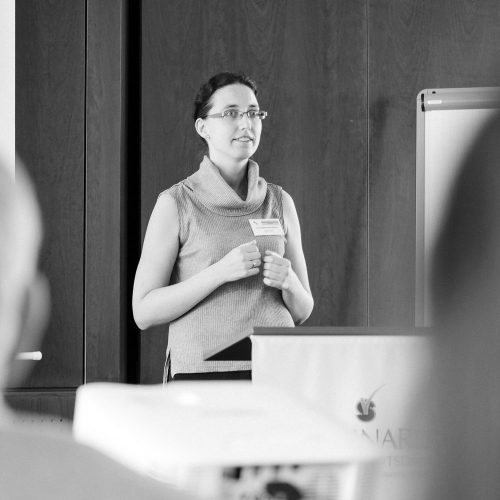
Session 4 – Tumor heterogeneity and CTCs
(ctc=circulating tumor cells)
Siegfried Hauch (QIAGEN GmbH, Hilden, Germany) “An easy method for CTC single cell isolation and subsequent molecular profiling”
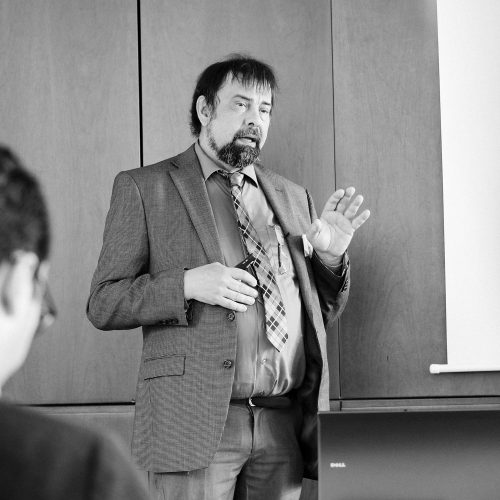
Nadia Luheshi (MedImmune, Cambridge, UK) “Single-cell sequencing in immuno-oncology”
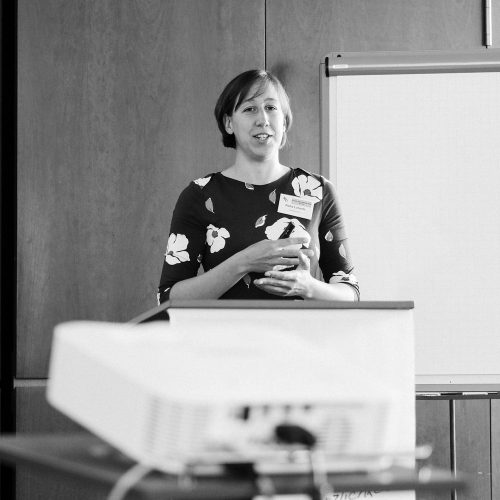
Itay Tirosh (Weizmann Institute of Science, Rehovot, Israel) “An integrated model of cellular states and genetics in glioblastoma“
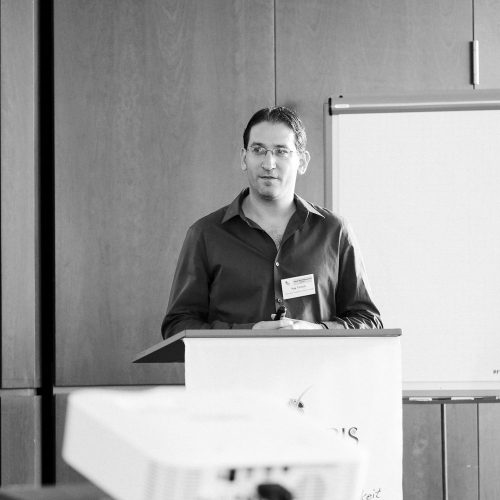
Simon Joosse (Department of Tumor Biology, UKE, Hamburg, Germany) “CTCs as liquid biopsy in the management of cancer patients”
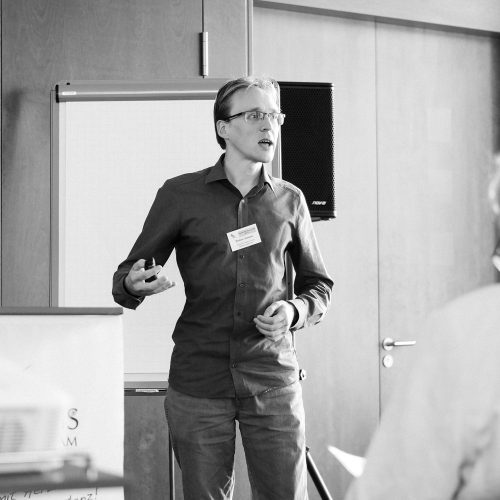
The new LJ has some more insight…